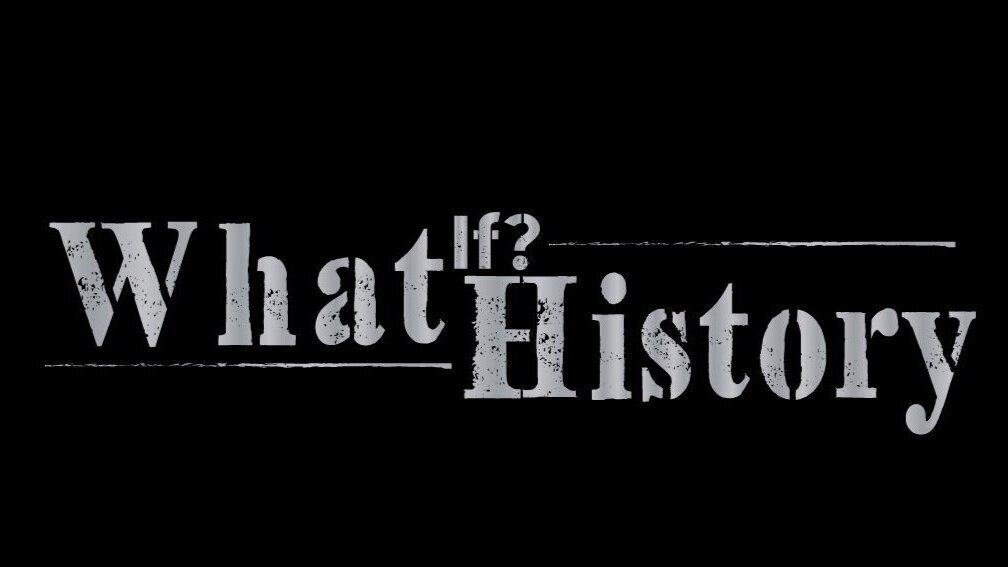Interview with "The Master of Alternate History" Harry Turtledove
Back in October I had the unique opportunity to interview Harry Turtledove via email. One thing lead to another and my real job got in the way and then COVID happened, causing my time to be very tied up in work.
I am proud to finally publish this interview I had with the “Master of Alternate History” himself!
James: What drove you to begin writing Alternative History novels?
Harry Turtledove: I read the kind of stuff that was available in the early 1960s: THE MAN IN THE HIGH CASTLE, IF THE SOUTH HAD WON THE CIVIL WAR, that kind of thing. But what turned me into a historian, and into an a-h writer, was L. Sprague de Camp's LEST DARKNESS FALL. I started trying to find out how much de Camp was making up and how much was real (not much and a lot, respectively), and I got hooked.
J: How do you feel your educational background prepared you to become an author?
HT: I'm trained to think analytically, if that's what you mean, and to judge whether something is likely to be accurate or not.
J: You've been dubbed the "Master of Alternative History". Do you read or watch other works of alternative history?
HT: I read some. I don't watch much. I don't watch much of anything except new(s) and sports these days.
J: Aside from their entertainment value, what lessons do you feel readers should take from your novels if any?
HT: Entertainment comes first. Without that, all else fails. To quote Theodore Sturgeon, I don't try to sell my birthright for a pot of message. If I make the reader think a bit, that's good.
J: What advice would you give aspiring authors trying to enter the Alternative History genre?
HT: Read. Think. Write. Repeat. Repeat endlessly, in fact.
J: What do you think your biggest influence is on your work?
HT: Unquestionably LEST DARKNESS FALL. If I hadn't found that book in a secondhand store when I did, I wouldn't have written what I've written (I would have written something--I already had the bug), I wouldn't have the degree I have, I wouldn't be married to the lady I'm married to (I met her while I was teaching at UCLA when the prof I studied under had a guest gig in Greece), I wouldn't have the kids I have, and I would be living where I live. Other than that, it didn't change my life a bit. Alternate history on the microhistorical level, you might say.
J:Do you see yourself more as a science fiction writer or an alternative history writer? Should a distinction between the two exist?
HT: I think of myself as an sf/f writer. The difference between a-h and other sf is that other sf changes the present or near future and examines the consequences of the change in the more distant future. A-h changes the more distant past, and looks at the consequences in the more recent past or present. The extrapolative technique is the same in both cases, just applied at different points on the timeline.
J: With alternative history becoming more mainstream with series such as The Man in the High Castle on Amazon and For All Mankind soon to be released on Apple TV, what influence do you feel these types of stories should have on the average consumer?
HT: The average consumer won't care any which way, because the average consumer doesn't know enough history for this stuff to matter to him/her. Unfortunate but true.
J: Do you feel that your study of history and particularly alternative history has influenced your worldview? How?
HT: You don't study alternate history. I don't, anyway. I just perpetrate it. As for ordinary history, I'm flavored by it the way hot water is by the teabag inside the cup.
J: Looking back at your works and awards, what is your proudest accomplishment?
HT: I made L. Sprague de Camp stay up late finishing a story of mine. Another story of mine got Poul Anderson to go back to a universe of his that he'd thought was mined out and write something new in it. These are the people from whom I learned my licks. That I made them think a bit totally blows my mind.
J: As a historian by education, do you feel the study of Alternative History, or "What If?" scenarios is important to real life? Why and how?
HT: Historians play this game, too, only without characterization. They call it "counterfactuals." The military plays it, too. Thinking about what might have happened or what might come next helps understand what really did happen.
J: What are your interests outside of writing and history?
HT: I'm a baseball stat geek. Other than that, my family, my friends, the silly cats. I'm not a real interesting guy.
J: Who has been your favorite character to write?
HT: Probably Sam Carsten from the WORLDWAR books. He's an honest man.
J: Are there any types of scenes that you tend to struggle with more?
HT: Scenes with strong emotions. Getting the balance right is hard. Easy to go over the top or underplay to the point of dullness.
J: Is there any period in history that you haven't had the opportunity to write about, but think would be very interesting, fun to explore, or relevant to current events?
HT: Yes. ;-)
(Authors note: Since my interview with HT in October it has come out that his newest novel is And the Last Trump Shall Sound available September 22nd.)
I hope you enjoyed reading the interview as much as I enjoyed conducting it. To stay up to date on Harry’s new novels please follow him on Twitter @HNTurtledove or checkout his website https://www.sfsite.com/~silverag/turtledove.html.



